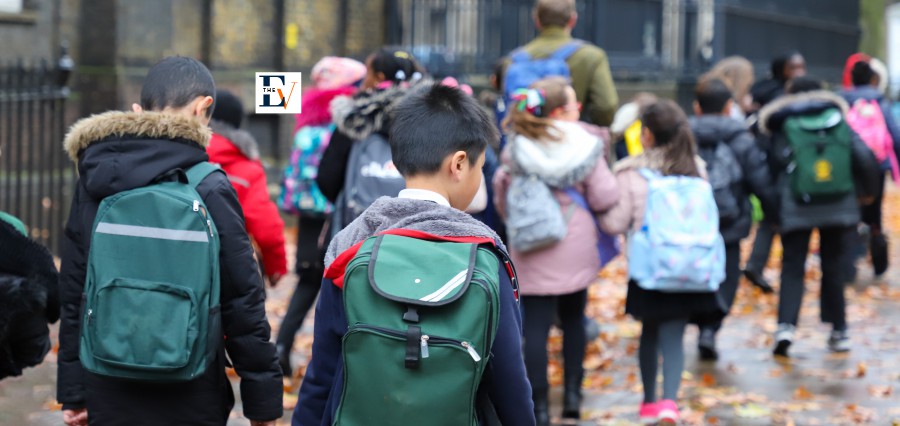The technological landscape in education is evolving quickly. The education sector is currently being impacted by AI and machine learning, particularly in many different ways. Contrary to what some people would think, using AI in education goes beyond simply marking kids’ tests, and both teachers and students can gain a lot from this technology.
Many schools are still using the traditional ways of teaching and learning. Some of them need help to implement the newest digital tools that provide a new approach to teaching in an increasingly fast-paced environment. In these times of innovation, it has become important to analyze the ways AI and edtech are being used in education.
Better Personalized Learning
Every student is different from the next in terms of thinking, learning style, and interests and preferences. As a result, only some kids receive the focus and instruction they require. Through the use of personalized programs and AI, learning may be modified and adjusted to each student’s unique needs, goals, and talents. This can assist in closing any gaps in teaching and learning. This can be especially helpful in bridging the knowledge gap between learners and those attempting to catch up.
Grading homework and assignments take up a substantial amount of time that could be used for class preparation or teaching students. Despite the fact that it is obvious that artificial intelligence cannot completely replace a teacher, it can be used to grade and evaluate student performance on multiple-choice or fill-in-the-blank exams.
Virtual Administration
AI makes it possible for educational institutions to administer exams virtually. Students can take exams from any location in the world by using online testing. Additionally, since teachers are helped by AI when creating test questions, it becomes feasible for them, and hence they can utilize extended time to enhance the other aspects of teaching.
These online exams are typically more secure than offline ones because of artificial intelligence, which gives teachers access to a variety of setups and settings for creating test questions. This reduces the likelihood of cheating and makes the administration of the test less stressful.
Although having an AI-based tutor is still a pipe dream, it might be a while before it does consider how swiftly this technology is evolving. To help children learn math, basic English, and other disciplines, there are currently various AI-based tutoring solutions on the market.
AI can increase instructors’ bandwidth and provide them with the flexibility to change their daily practices as needed. Previously, tasks that were time-consuming, repetitive, and tiresome and caused high levels of stress and low productivity can now be automated.
24/7 Assistance
AI chatbot deployment enables 24/7 accessibility for learning from any location at any time. Additionally, these chatbots may communicate promptly and frequently with pupils. AI chatbots can be crucial in assisting in providing students with a more productive and interesting learning experience as there is an increased demand for self-service and assistance for students. Likewise, since chatbots may interact with numerous pupils at once, teachers’ personnel can concentrate on other issues.
More Effective Learning
AI can help with many crucial educational needs, including gaining insight from data analysis, automating procedures, and communicating with staff and students. There are already many instances of AI being employed in the field of education. Students should be able to study more effectively and quickly thanks to the success of AI. By incorporating AI technologies, educators will have the chance to teach students of various learning types in a way that changes their learning process.
Artificial intelligence is gradually changing the educational landscape. It has the power to fundamentally alter how students learn and how academic institutions and teachers carry out their jobs.
In addition, there is no denying that artificial intelligence has revolutionized conventional approaches to teaching and learning. In order to incorporate AI into their curricula, universities, colleges, and other educational institutions are spending a lot of money. This technology can instruct students, automate operations like grading, update educational software, help with course improvement, and many other things. On the plus side, it is given that AI will significantly alter the educational landscape over the next few decades.
On several AI-based platforms, students may now discuss the challenges they are facing when learning a certain subject or comprehending a topic. With the use of these platforms, students may interact with one another and share knowledge and ideas, thus increasing student engagement.
Both instructors and students now find it simpler to structure and manage learning thanks to artificial intelligence. Numerous learning management systems simplify life by developing a centralized management system and helping with tracking learning, task assignment, and online activities, among other things.






